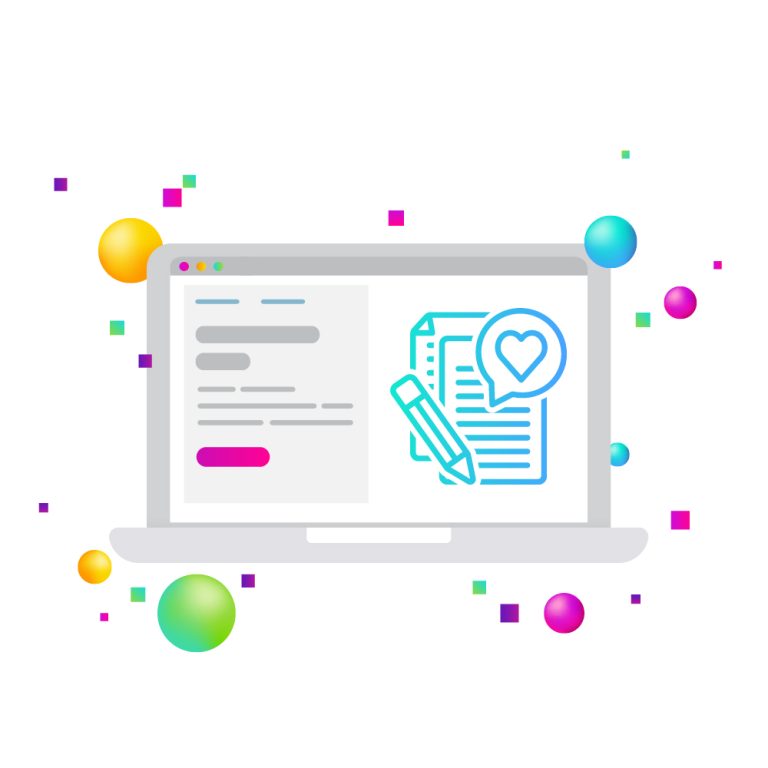You don’t have to be a tech expert to make sure your website is secure. All you need is a little bit of common sense. For most small business owners, the biggest threat to their website security doesn’t come from malicious hackers with advanced coding skills, but from their own staff. The good news is that there are simple security measures you can take to mitigate this risk and keep your website safe.

Here Are 7 Easy Website Security Measures
1. Create strong passwords
One of the simplest and most effective ways to keep your website safe is by having strong passwords. Make sure that all employees use unique passwords that are at least eight characters long and contain a combination of numbers, symbols, lowercase letters, and uppercase letters.
It’s also important to change these passwords regularly—at least once every three months—and ensure that all users are using different passwords for different accounts.
You should also consider using two-factor authentication (2FA) whenever possible. 2FA adds an extra layer of security by requiring you to enter a code from your phone in addition to your password when logging into your account.
2. Update your software regularly
Make sure that all software used on the website is updated regularly with the latest version available. This includes any third-party plugins or applications as well as the content management system (CMS) itself. Ensuring that everything is up to date ensures optimal performance and helps protect against potential vulnerabilities in older software versions.
3. Train your employees
It’s also important to train your employees on best practices for website security, such as not clicking on suspicious links or downloading attachments from unknown sources. You should also encourage them to report any suspicious activity they notice on the site or in their emails immediately so it can be investigated further and addressed quickly if necessary.
4. Use a web application firewall
A web application firewall (WAF) is a piece of software that helps protect your website from attacks. A WAF analyzes incoming traffic and blocks malicious requests before they reach your site. This can help stop things like SQL injection attacks and cross-site scripting (XSS) attacks. If you’re running an ecommerce site, a WAF is an absolute must.
5. Backup your website regularly
Even if you take all the necessary precautions, there’s always a chance something could go wrong, and your website could be hacked or corrupted. That’s why it’s important to backup your site regularly. This way, if something does happen, you’ll be able to quickly restore your site from a backup without losing too much data.
6. Restrict access to sensitive data
If possible, restrict access to sensitive data—like customer credit card information—to only those employees who absolutely need it. The fewer people who have access, the lower the risk of that data falling into the wrong hands. And if an employee does need access, be sure they’re using strong passwords and encrypting any sensitive data they’re storing on their computer.
7. Use a secure hosting provider
Finally, it’s important to choose a secure hosting provider for your website. Your hosting provider is responsible for keeping your site safe from attacks and ensuring that it stays up and running. When choosing a hosting provider, be sure to check that they offer features like malware scanning and removal, DDoS protection, and firewalls. You should also make sure they have a good reputation for uptime and customer support.
Small businesses should never stay complacent when it comes to their website security. These security measures should be updated as often as possible, ensuring that the security protections that have been implemented are always effective and up to date. Investing in quality protection tools and regularly monitoring activity on the site can help save a business from costly data breaches, saving time and resources in the long run.
Regular training for employees is also essential; they must understand the importance of cybersecurity rules and regulations and how they affect their operations. By taking the right steps today, small businesses can reduce their risk of being breached by following the simple security measures outlined here.



